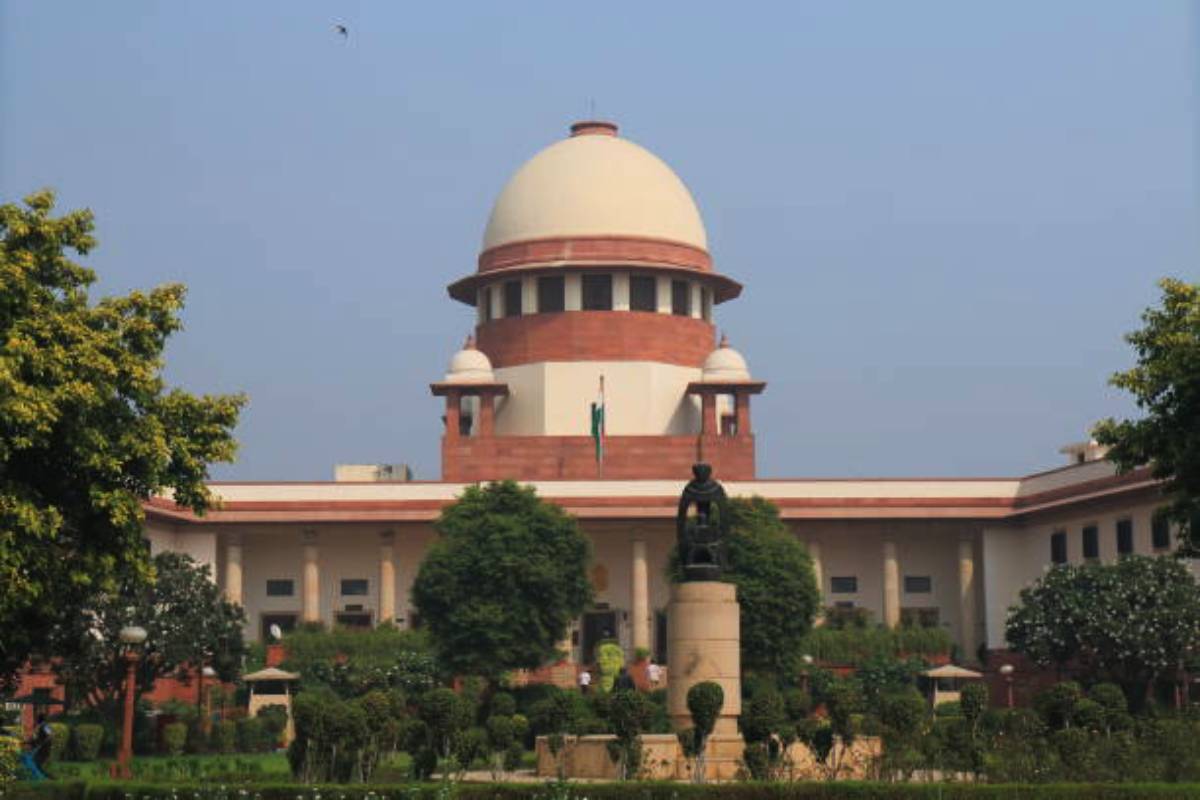SC rejects Madhu Koda’s plea for stay of conviction in coal scam case
A bench comprising Justice Sanjiv Khanna and Justice Sanjay Kumar rejected Madhu Koda's plea challenging the Delhi High Court order.
The court said that in that case the matter will be heard on April 11 to examine if it requires to be referred to the constitution bench.

File Photo
The Supreme Court on Tuesday said that it will consider the plea seeking reference to a constitution bench challenge to the non-transparent electoral bond scheme that allows for anonymous funding/contribution to the political parties.
A bench of Chief Justice D Y Chandrachud and Justice P S Narasimha posted the matter for consideration on April 11 as advocates appearing for the petitioners including NGO Association for Democratic Reforms (ADR) said that matter involves issues of constitutional importance touching on transparency and the democratic polity in the country on account of the opaque funding of political parties through electoral bonds.
“This case should be heard by a constitution bench since this deserves an authoritative pronouncement by the court,” advocate Shadan Farasat appearing for one of the petitioners told the bench seeking reference to a five-judge constitution bench.
Advertisement
The court said that in that case the matter will be heard on April 11 to examine if it requires to be referred to the constitution bench.
In the earlier hearings also, advocate Prashant Bhushan appearing for NGO ADR had urged the court that the matter needs to be heard by a constitution bench.
In the course of the hearing, senior advocate Dushyant Dave told the court that the matter has been pending for a long-time asking if the wait will last till Karnataka elections so that another tranche of Electoral Bonds is given.
Dave told the court that out of bulk of the money that has come by way of electoral bonds has gone to the largest party.
Earlier, a Congress leader Jaya Thakur hailing from Madhya Pradesh had in an application questioned the Centre amending the Electoral Bond scheme to allow their sale for 15 extra days during the “year of general elections to the legislative assembly of States and Union territories with the legislature”.
The government has all through defended the electoral bond scheme, describing it as completely transparent that takes care of unaccounted funding of the political parties. The Centre has urged the top court to hear it before deciding whether the matter needs to be referred to the constitution bench.
The Association for Democratic Reforms, which monitors the criminal antecedents of the candidates of various parties, has alleged that the ruling party had received more than 60% of total electoral bonds in the audit of the parties in two years of 2017-18 and 2018-19.
The NGO has noted that even the Election Commission and the Reserve Bank of India had in 2017 objected to the electoral bonds, advising against their issuance as a mode of donation to the political parties.
Advertisement